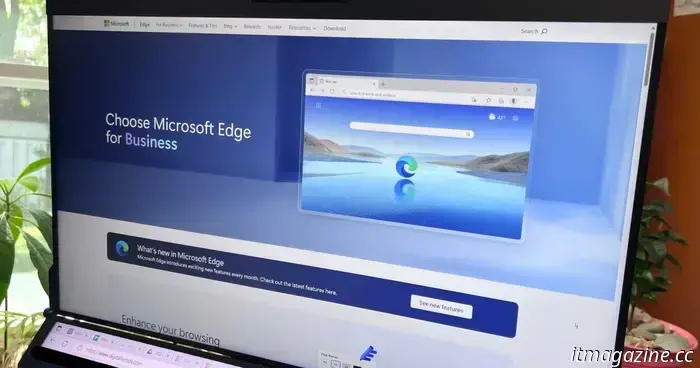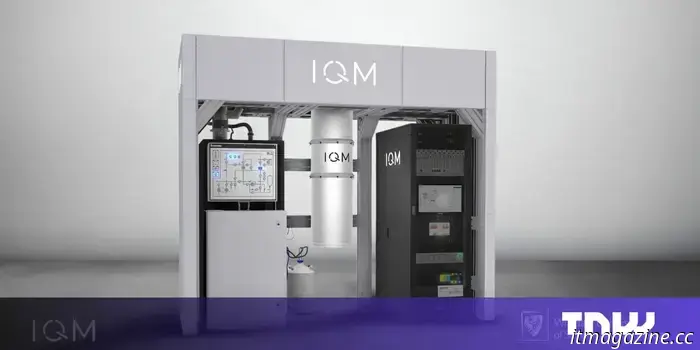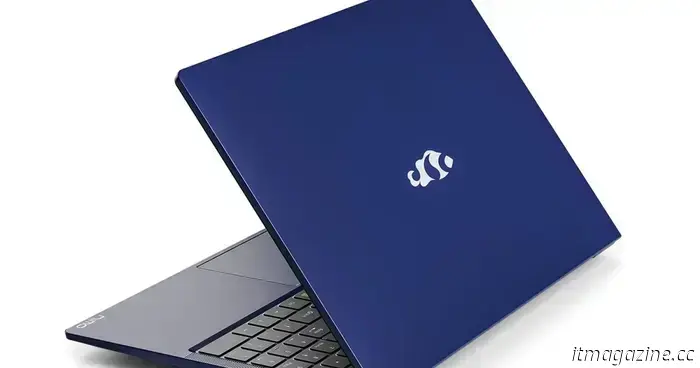
The new tab page in Microsoft Edge Canary has replaced MSN with Copilot.
Alan Truly / Digital Trends
Microsoft is evaluating a new interface powered by Copilot in the Canary version of Edge, which will replace the MSN feed on the New Tab Page in an effort to simplify browsing, as reported by Windows Latest. Users can activate it using experimental flags.
If this new design is implemented in the stable version, Copilot will take the place of the traditional MSN feed as the first element displayed when opening a new tab. A streamlined compose box will greet you with a message that asks, “How can I assist you today?”
The default choice will allow users to select between a Copilot response or a Bing search to address their inquiries. You can open a webpage, draft a message, or seek guidance on any subject. The Edge browser also provides the option of having Copilot handle everything for you or continuing to use Bing.com.
The Copilot button offers three selectable options:
Default – This option provides search and chat suggestions. For instance, if you search for “restaurants near me,” Bing will assist, while if you request a summary, Copilot will respond.
Chat – Presently, this chat feature redirects users to Bing.com, but it may change once it is available to all users.
Search and Navigate – This option prioritizes web searching without AI-generated responses.
At the bottom of the page, users will find options like Write a first draft, Learn something new, and Get advice. However, these options currently redirect to Bing.com.
To test this feature, you need to use Edge Canary, as it may or may not be included in the stable version. If you are using Canary, enter “edge://flags” in the address bar and press Enter. Look for “NTP” on the page, toggle the flags on, and restart the browser.
This seems to be an initiative to encourage more users to try Copilot. If it does not integrate the Vision feature that allows it to view and interact with your screen, it may involve something else. At least the Vision feature is not confined to Copilot+ PCs, unlike the new Recall feature, making it more accessible for everyday users without specialized hardware.
Judy Sanhz is a Digital Trends computing writer covering all computing news. Enjoys all operating systems and devices.
Microsoft’s Bing incorporates a Copilot Search mode to compete with Google AI Search
Just a few weeks ago, Google launched a new AI Search mode. The goal is to provide responses in a narrative style, akin to how an AI chatbot replies to your questions, rather than the standard Search Results displaying blue links to various sources. Microsoft is now joining in. The company has discreetly introduced a new Copilot Search feature for its Bing search engine. This feature was first noted by Windows Latest, and Digital Trends can confirm its availability across all platforms.
Read more
Microsoft finally introduces missing Copilot+ AI tools to Intel and AMD PCs
If you were attracted to the potential of a new AI-enhanced Copilot+ PC featuring the latest Intel or AMD processors, only to discover some functionalities were absent, your wait is finally over. Some of those Copilot+ features are now becoming available beyond devices equipped with a Snapdragon X series processor.
It has been roughly a year since Microsoft unveiled the Copilot+ PC label, a new category of computing machines prioritizing AI performance. For months, Qualcomm was the exclusive chip supplier for these devices.
Read more
Microsoft 365 Copilot introduces an AI Researcher that everyone will appreciate
Although Microsoft has entered the game later than others, it is now offering its own deep research tool within the Microsoft 365 Copilot platform across web, mobile, and desktop environments. Unlike competitors such as Google Gemini, Perplexity, or OpenAI’s ChatGPT, which all utilize the Deep Research branding, Microsoft is adopting the Researcher agent name.
The primary concept remains similar. You instruct the Copilot AI to generate thoroughly researched material on a specific topic or to create an action plan, and it complies by producing a detailed document that would typically require hours of human research and compilation. It focuses on conducting intricate, multi-step research on your behalf as an autonomous AI agent.
To clarify, Microsoft 365 Copilot is essentially the rebranded version of the previous Microsoft 365 (Office) app. It differs from the standalone Copilot app, which functions more like a general-purpose AI chatbot.
Researcher: A reasoning agent within Microsoft 365 Copilot
How does the Researcher agent function?
Beneath the Researcher agent lies OpenAI’s Deep Research model. However, this is not a mere imitation. The integration of this feature in Microsoft 365 Copilot goes much deeper than the competition since it can examine your own materials or a business’s internal data as well.
Rather than extracting information solely from the internet, the Researcher agent can review internal documents such as emails, chats, meeting logs, calendars, transcripts, and shared documents. It can also reference data from external sources like






Other articles
 This brand-new 75-inch Hisense TV is currently available at a 20% discount.
The Hisense 75-inch U8QG 4K ULED is currently priced at $2,000. This is a brand-new premium model for 2025, making it a deal from Hisense that you won't want to overlook.
This brand-new 75-inch Hisense TV is currently available at a 20% discount.
The Hisense 75-inch U8QG 4K ULED is currently priced at $2,000. This is a brand-new premium model for 2025, making it a deal from Hisense that you won't want to overlook.
 This PS5 bundle featuring our 2024 Game of the Year is currently priced at only $449.
The PlayStation 5 Slim Astro Bot bundle, which includes the PlayStation 5 Slim and a digital version of Astro Bot, is available for just $449 at Walmart following a $111 markdown.
This PS5 bundle featuring our 2024 Game of the Year is currently priced at only $449.
The PlayStation 5 Slim Astro Bot bundle, which includes the PlayStation 5 Slim and a digital version of Astro Bot, is available for just $449 at Walmart following a $111 markdown.
 IQM will set up Poland's first superconducting quantum computer.
Scientists in Poland will utilize a machine to prepare for quantum advantage, which is the moment when quantum computers surpass classical computers in specific tasks.
IQM will set up Poland's first superconducting quantum computer.
Scientists in Poland will utilize a machine to prepare for quantum advantage, which is the moment when quantum computers surpass classical computers in specific tasks.
 Wiim's tvOS application represents yet another challenge to Sonos.
Wiim surpasses Sonos once more with a version of its app designed for large screens.
Wiim's tvOS application represents yet another challenge to Sonos.
Wiim surpasses Sonos once more with a version of its app designed for large screens.
 This venture capital-supported network aims to address the well-being crises through technology.
The NN Social Innovation Startup Award began as a grant initiative for social impact startups and rapidly evolved into a movement.
This venture capital-supported network aims to address the well-being crises through technology.
The NN Social Innovation Startup Award began as a grant initiative for social impact startups and rapidly evolved into a movement.
 Searching for an affordable laptop for students? This model is currently available for $300.
The Nimo Young Book is a budget-friendly laptop for students, equipped with 16GB of RAM and a 1TB SSD. It is now available for just $300 on Amazon following a 32% price reduction.
Searching for an affordable laptop for students? This model is currently available for $300.
The Nimo Young Book is a budget-friendly laptop for students, equipped with 16GB of RAM and a 1TB SSD. It is now available for just $300 on Amazon following a 32% price reduction.
The new tab page in Microsoft Edge Canary has replaced MSN with Copilot.
Microsoft is experimenting with a new tab in the Edge browser to prominently feature Copilot.
